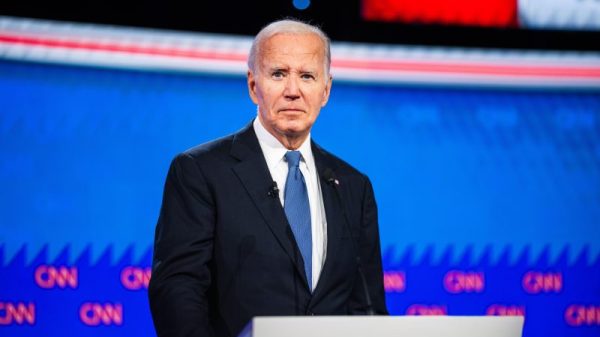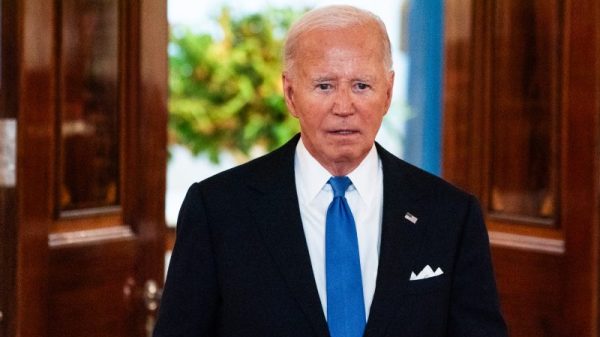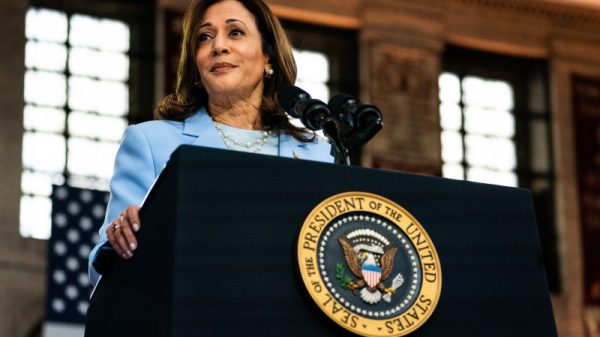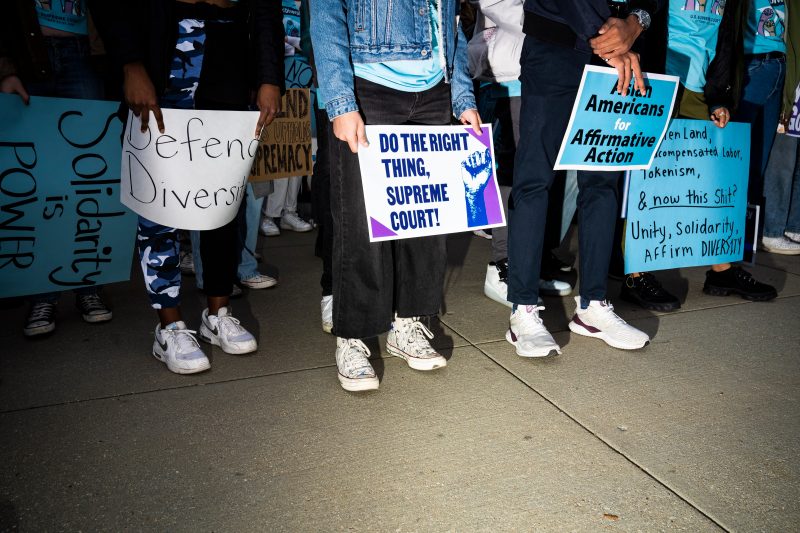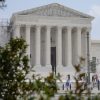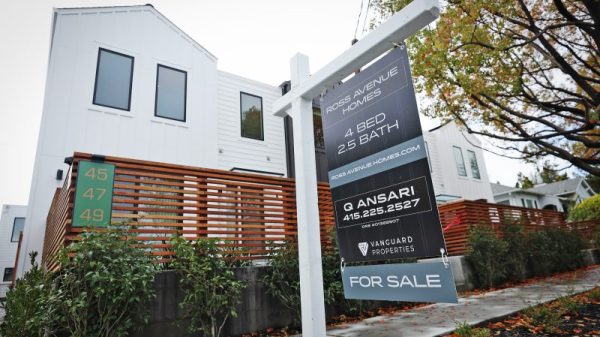On Wednesday, I wrote about how the Supreme Court’s recent decisions, despite heavy criticisms from Democrats, seemed unlikely to spark a significant backlash — certainly not on the scale of the decision that overturned Roe v. Wade last year. On the contrary, perhaps the court’s most momentous decision this year — severely restricting the use of affirmative action in college admissions — was arguably quite popular.
Now arrives more data to bolster that point. What the data also suggest is that even Black Americans are unlikely to strongly object.
The data, from an Economist/YouGov poll conducted after the Supreme Court’s decision, shows Americans approving of it more than 2-to-1. That’s a finding in line with surveys conducted before the decision, including from The Washington Post and CBS News, which showed more than 6 in 10 Americans supported the idea of banning the use of race and ethnicity in admissions. Another poll conducted after the decision, for ABC News, showed Americans approved of it by a 20-point margin.
What’s particularly striking about the Economist/YouGov poll is how Black Americans responded. Indeed, more of them actually approved of the decision (more than 4 in 10) than disapproved (fewer than 4 in 10). And more Black Americans “strongly” approved (31 percent) than disapproved (26 percent).
This finding is also in line with previous polling. While polls have long shown Black Americans in favor of affirmative action, The Washington Post-Schar School poll showed nearly half (47 percent) supported banning the use of race and ethnicity in admissions.
If you dig a little deeper, you begin to see why that might be: the lack of a perceived personal connection to the policy.
The YouGov poll also asked people whether they felt affirmative action had had an impact on them. Just 19 percent of Black Americans felt that it had, and just 11 percent of those who felt that way said it had affected them “positively.”
This is something that also shows up in the older Pew polling.
Earlier this year, Pew asked people a battery of questions about affirmative action and efforts to increase diversity. While Black Americans were more likely to view affirmative action as positive than negative, fewer than half (46 percent) saw it as mainly positive. (Twenty percent said it was a negative, while the remainder saw it as mixed or said it made no difference.)
And there was even less perceived upside at the personal level. Asking more broadly about efforts to increase racial and ethnic diversity — rather than specifically about affirmative action — it inquired whether people felt they had been advantaged or disadvantaged by such policies.
Just 20 percent of Black Americans said they felt such policies had put them at an advantage. And strikingly, significantly more — 35 percent — actually said they felt such policies had put them at a disadvantage.
This was more than any other racial group tested.
There are some caveats. Affirmative action is difficult to poll, and the results can vary widely. Polls that refer to the goals of affirmative action tend to make the policy somewhat more popular. The recent CBS poll is a case in point: It showed 53 percent of Americans said they wanted affirmative action programs to continue, but 70 percent said colleges shouldn’t be allowed to consider race in admissions.
People also might generally like the idea of race-blind policies in theory but less so in practice — particularly if this winds up driving down Black and Latino enrollment at selective colleges. And you could also understand why people wouldn’t want to say they had been given an advantage over others, because it suggests their achievements are affected by that.
But that doesn’t change how the Supreme Court’s opinion is likely to be viewed in the short term. And for now, evidence suggests this is something Americans of all races at least appear open to turning the page on.

















